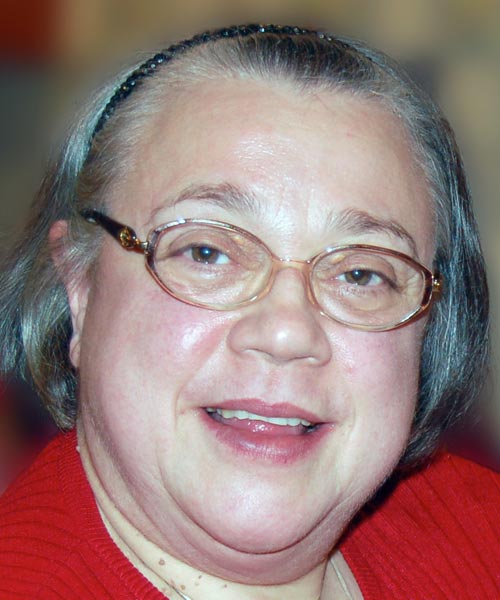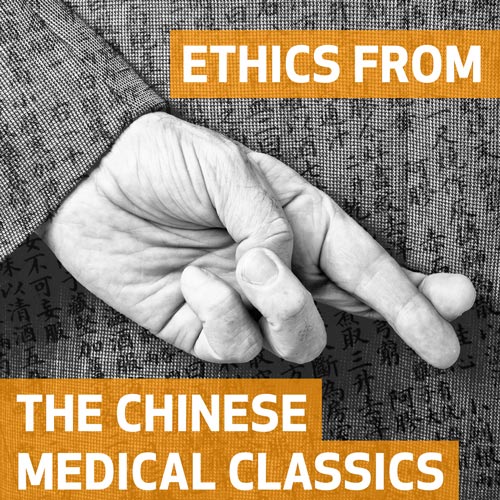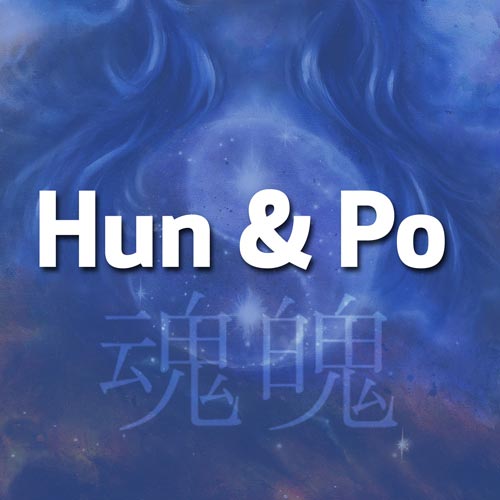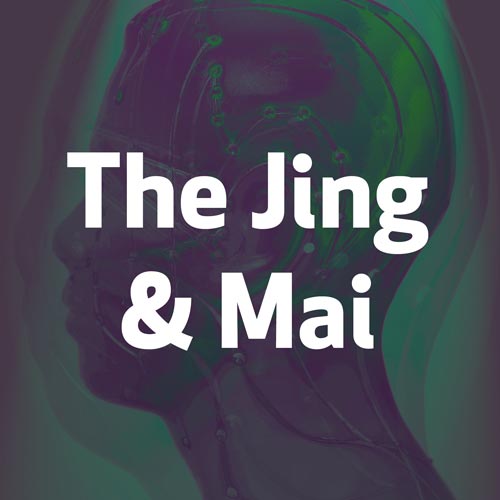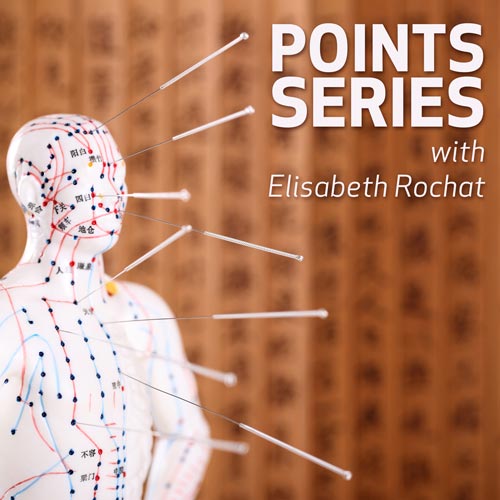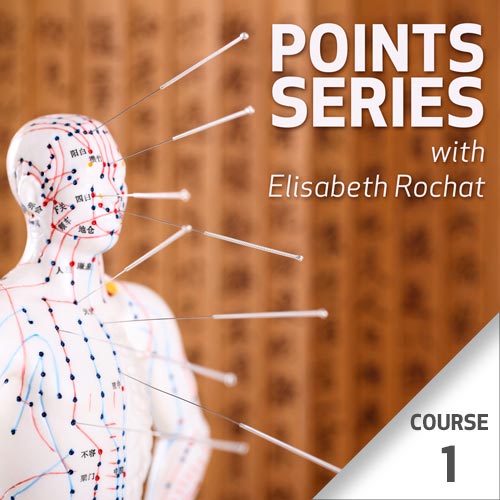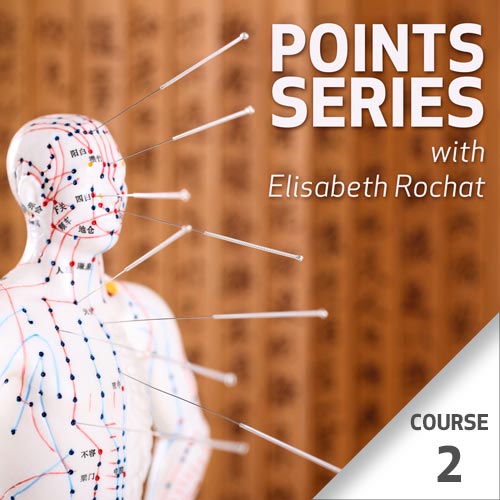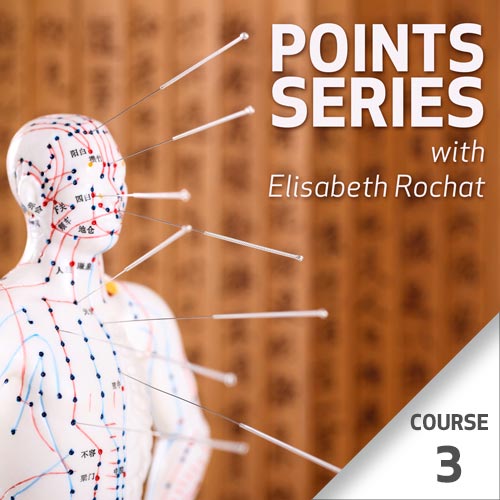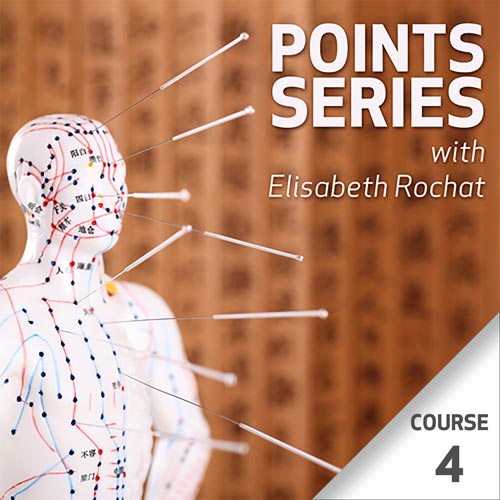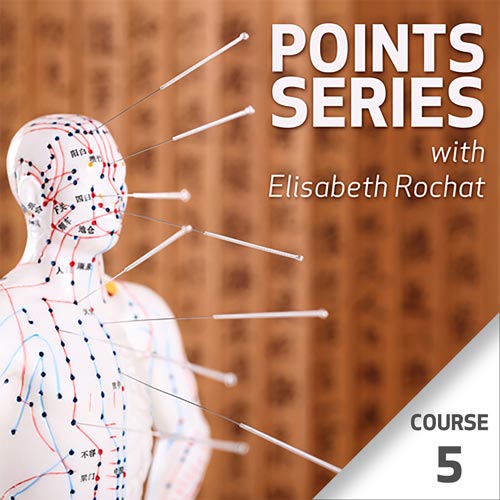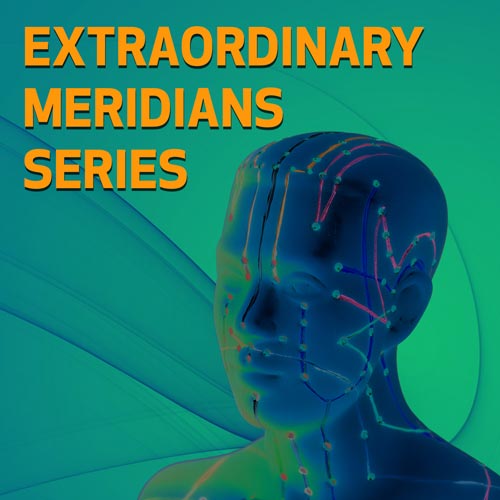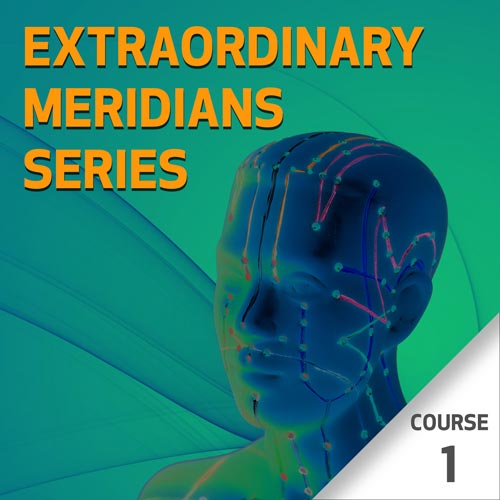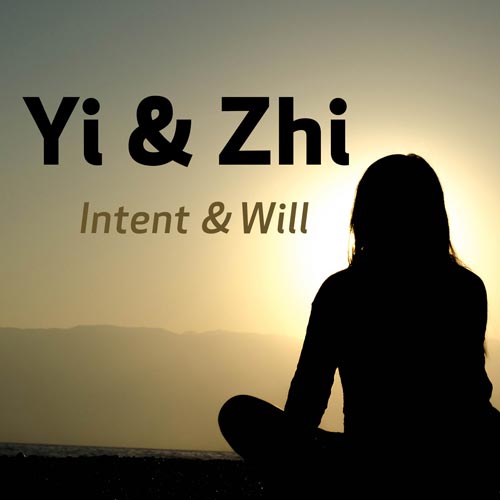Visão Geral Do Curso
This course will cover the extraordinary meridians as they are presented in the Classical texts of Chinese medicine. This lecture presents an in-depth study of the meaning of Chongmai, Daimai, yin and yang Qiaomai, and yin and yang Weimai through the study of their names and associated characters, patterns, pathways, nature, physiopathologies, and functions.
Objetivos
-
Understand the Classical view of the extraordinary meridians, including the language of the names and ideas central to the extraordinary meridians.
-
Understand the function and roles of the extraordinary meridians Chongmai, Daimai, yin and yang Qiaomai, and yin and yang Weimai.
-
Understand the physiopathology of Chongmai, Daimai, yin and yang Qiaomai, and yin and yang Weimai meridians.
-
Understand the individual extraordinary meridians and their functions together.
Descrição
0 hrs - 1 hrs
General Presentation with an explanation of qi jing ba mai and the characters of these channels. A comparison with the 'regular' meridians. A lecture on the symbolic value of the number eight. An overview of functions and uses of the extraordinary meridians.
1 hrs - 2 hrs
Study of the Chongmai part 1: The making of the chongmai, the meaning of Chong. The basic pathway and function. The relationship between Chong and Shaoyin and Yangming of the foot.
2 hrs - 3 hrs
The study of Chongmai part 2: a survey of its pathological patterns and its relationship with other meridians. We will study its relationship to points.
3 hrs - 4 hrs
The introduction to the Daimai: the name, the pathways, the nature and function. A description of its relationship with the other organs and channels. A survey of its pathological patterns.
4 hrs - 5 hrs
A study of yin and yang Qiao: name, pathways, nature and function. Its relationship with other organs and channels. A survey of its pathological patterns.
5 hrs - 6.5 hrs
A study of yin and yang Wei: name, pathways, nature and function. Its relationship with other organs and channels. A survey of its pathological patterns.
Testemunhos
-
Danit P. (United States)
Este curso me fez encontrar novas camadas nos tratamentos que ofereço e novas profundidades de melhorias em meus pacientes. (Traduzido automaticamente da EN)
-
Jane O. (Canada)
Elisabeth é uma grande inspiração com seu considerável conhecimento e clareza. É um privilégio ouvi-la. (Traduzido automaticamente da EN)
-
Pamela M. (Canada)
Elisabeth desenvolve os ossos da Medicina Chinesa que quanto mais pratico mais aprecio. Memorizar pontos e caminhos não resolve quando você tem casos difíceis. A compreensão por trás das origens realmente o enriquece como praticante. (Traduzido automaticamente da EN)
Testemunhos
Este curso me fez encontrar novas camadas nos tratamentos que ofereço e novas profundidades de melhorias em meus pacientes. (Traduzido automaticamente da EN)
Danit P. (United States)
Elisabeth é uma grande inspiração com seu considerável conhecimento e clareza. É um privilégio ouvi-la. (Traduzido automaticamente da EN)
Jane O. (Canada)
Elisabeth desenvolve os ossos da Medicina Chinesa que quanto mais pratico mais aprecio. Memorizar pontos e caminhos não resolve quando você tem casos difíceis. A compreensão por trás das origens realmente o enriquece como praticante. (Traduzido automaticamente da EN)
Pamela M. (Canada)
Professor
Elisabeth Rochat de la Vallée
TCM academic and historian, Elisabeth Rochat has specialized in both medical and philosophical Classics in her 40+ years career. She co-authored 'A Survey of Chinese Medicine' and continues to teach about the Classics of TCM internationally.
Aviso Legal
Please read these important disclaimers before purchasing:
...

